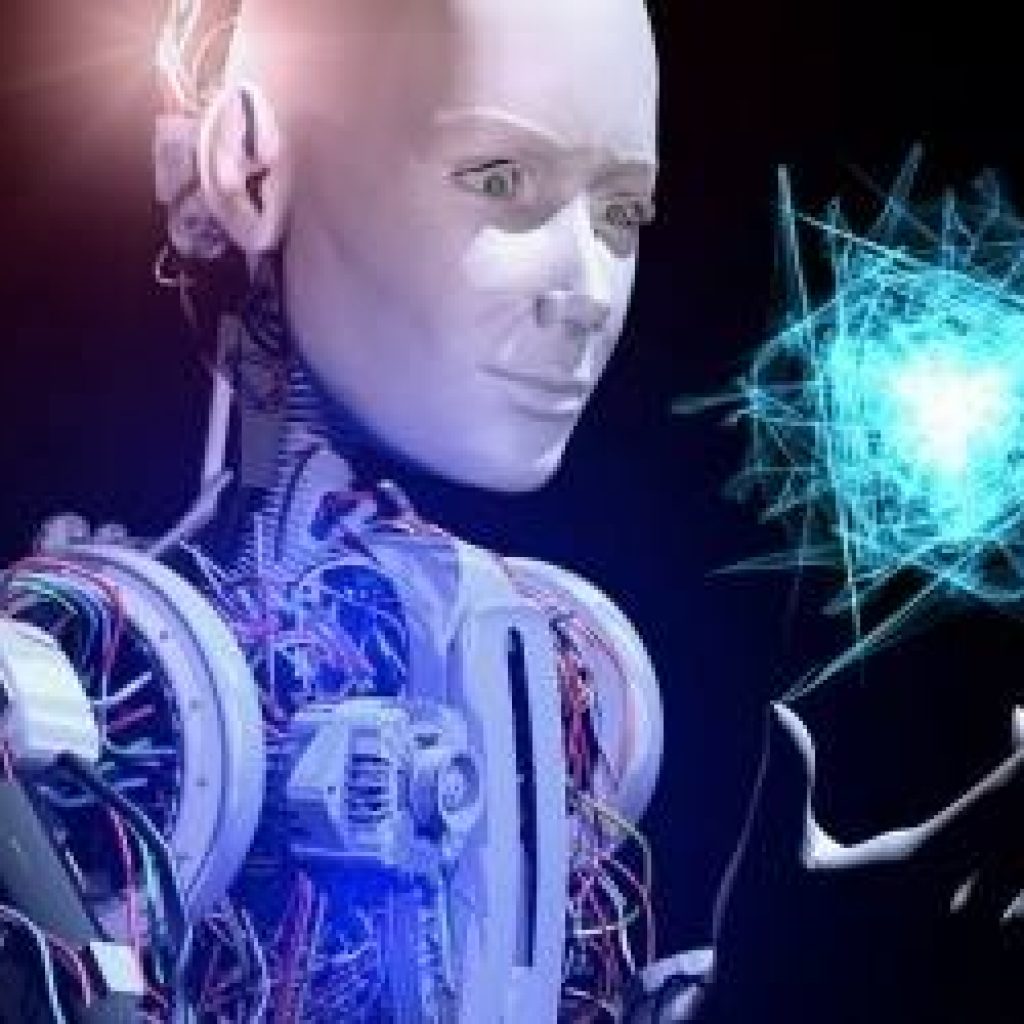(NetworkWorld) Quantum computers can learn to reason, even when burdened with uncertainty and incomplete data, concludes a team of scientists from U.K.-based quantum software developer Cambridge Quantum Computing (CQC). This ability is similar to intuitive human reasoning, which allows people to draw conclusions and make decisions despite a lack of comprehensive information.
Classical computers are capable of assisting with some reasoning tasks, but they require excessive amounts of time-consuming computations, data, power, and gratuitous praise. And for all that trouble, classical computers still “cannot offer simple explanations for their answers and struggle when asked how confident they are on certain possible outcomes,” CQC team member Matthias Rosenkranz writes in Medium. “These issues become particularly severe when a decision is the result of multiple yes/no outcomes.”
Quantum computers don’t use the same type of logic as classical computers. This requires changes in how code needed for them to run them is written. The CQC team created two algorithms that enable variational inference (a method from machine learning that approximates probability densities in quantum computers).
Researchers Show that Quantum Computers Can Reason
